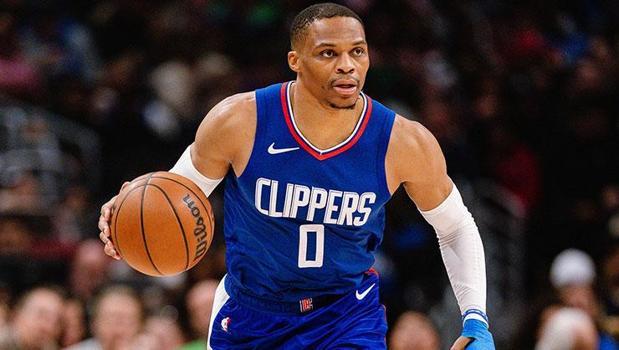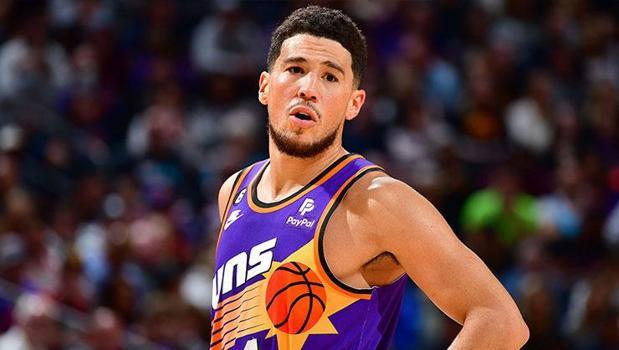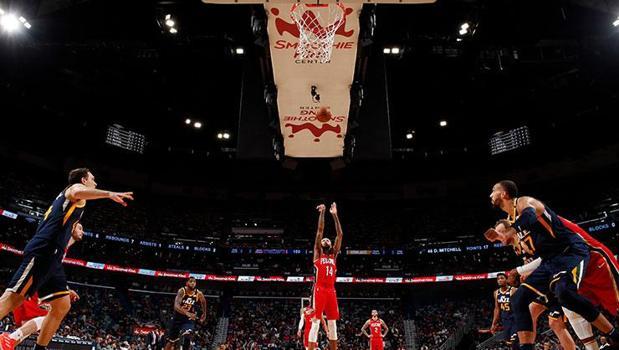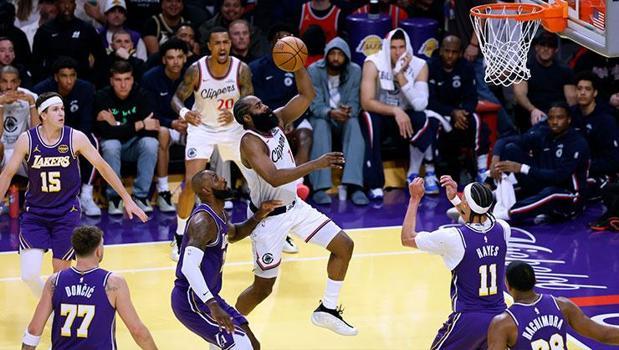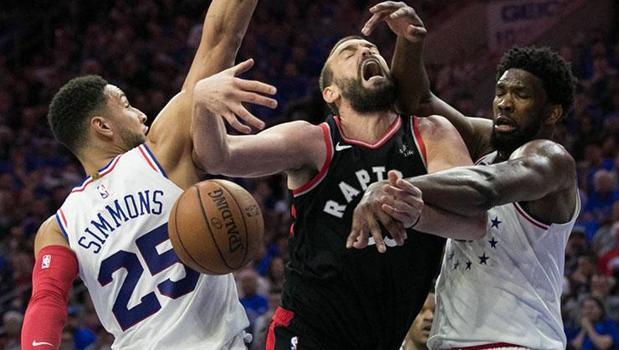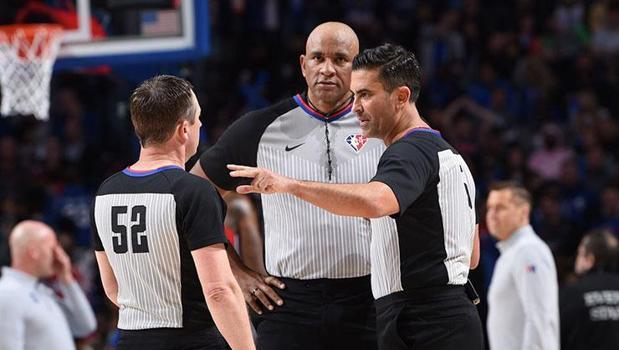From bus driver to La Liga manager: Manolo's spectacular rise!
Manolo González, who worked as a bus driver in Barcelona and as a coach in the amateur leagues, has made an incredible rise to become Espanyol's manager in La Liga. Manolo, who has made history in La Liga at the helm of Espanyol, gave an interview to the Guardian.
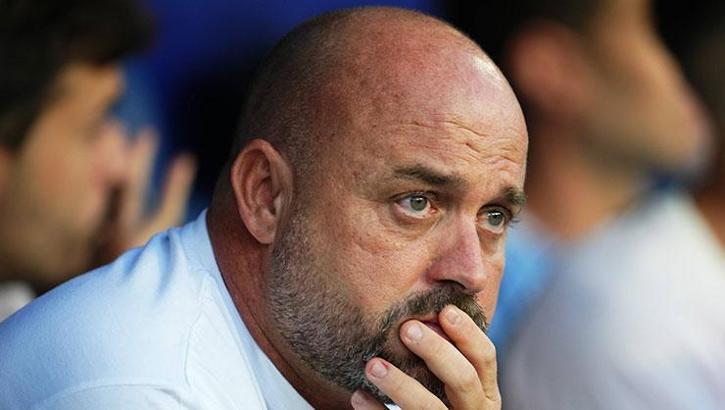
Espanyol have become the biggest surprise of the season with 18 points in the last 10 weeks in La Liga, placing 5th in the standings, with limited resources despite the huge budgets of their rivals. The man who created this magic is manager Manolo González...
Read More ›
After working as a bus driver for Barcelona's city lines and coaching amateur teams, Manolo took charge of second division Espanyol through a series of lucky coincidences and almost miraculously led the team to La Liga. Now he has the club competing for a Champions League ticket.
The Guardian's Sid Lowe writes about the 46-year-old former chauffeur's shocking journey.After failing to fulfill his potential as a footballer, Manolo has climbed from the bottom of the pyramid to fifth in La Liga as a manager. From behind the wheel of the Tusa bus on the Badalona-Barcelona route to the elite level of Catalonia's regional leagues. He got off at every stop.
On Thursday evening, semi-professional fourth division team Atletic Lleida host Espanyol in the first round of the King's Cup. Lleida celebrated its 125th anniversary last Saturday, light years away from its La Liga rivals. But the man in the visiting dugout - if he sits there - will look familiar.
Read More ›
Lleida coach Gabri Garcia: "I know Manolo, we met at our level, we both came from the bottom." The bottom is true, but Manolo wouldn't change that. Garcia was jealous of his rise to the top.
Manolo worked at every level in every age group: Regional leagues with 397 teams in 18 groups, the theoretical amateur Tercera, Segunda B with four groups of 80 clubs, Segunda and finally La Liga. That's why it took him years to give up the daily Interurbano route - it was integral to the story.
At the Espanyol training ground, the universal background music of every match is his first sentence between cheers: "I am an ordinary man." Spend time with him and he seems too ordinary for where he is: witty, sincere, unpretentious. He calls his promotion to La Liga a "lottery", but even if there is some truth in that, it is an understatement.
Labor, talent, persistence, character, countless hours and lessons learned from unexpected places along the way... "One day you're John Travolta, the next day Manolo González," he laughs. "Football changes fast - warning. From the coolest hair to the baldest head, from the Saturday Night Fever star to me. But that's not always bad."
Read More ›
Last March, a 45-year-old unknown, who had lived in the same apartment since childhood, who had never coached "professionally", was suddenly in charge of the first team between day and night. Or let's say 10,000 nights. "They act as if I've never coached before," he says. "Wait - wasn't I a coach at Ebro, Pena Deportiva, Badalona, just now? I've been in this business for a long time."
Thirty years. This continuity is the secret of his popularity - he is the most popular Espanyol manager in years - and his success. Ambition doesn't shout. "The task is to develop players. Wherever life takes your career. "Born in the tiny Galician town of Folgoso do Courel, his parents brought him to Barcelona at the age of three. His mother ran a restaurant on Calle Valencia; he played soccer. He was quick-tempered like Stoichkov, hence his nickname. He had talent - "but not enough." The ceiling was Segunda B, because of the physique and the head. "I was everything I didn't want in a player: hyper-competitive, always red cards, my mom wouldn't talk when we lost. No one showed me the way."
Read More ›
At Martinenc, under Paco Sánchez, he learned the lessons he would take as a player - lessons that now serve him well as a coach. "Just because he's captain doesn't mean he plays every week, even if he plays well. It's the wrong message. I'm lucky, there's no one like that here. I wouldn't play, I'd take care of myself if I was high."
In Badalona, Abraham was great, but it passed when he realized it. "Reach your level, protect it. Ronaldinho should have marked an era but he didn't - sad. Would I have made La Liga as a player? I don't think so. Longer career? Yes, I think so. If I had a choice, I would have been a first division player, not a coach. But I started coaching at 16. Because I loved it; I didn't think I could do it. I always played, but I didn't know the game. Antonio Sánchez showed me why. José Ramón Preciado - ex Real Madrid and Espanyol - taught me how to deal with criticism and pressure."
Read More ›
When he saw names like Manolo Márquez or Francisco López in the lower leagues, he thought: "How can I be a coach when there are so many talented people there?" But he started: Martinenc, Sant Gabriel, Badalona. It's unclear where it would end - maybe it would end, it wasn't a livelihood. Until 2018, he taught without permission from the bus company.
Up at five, behind the wheel, finish at four, training, home at eight. Class at night for certification. "Now everyone sees the bright side, not the back." Luck in Segunda B: he could make a living - most can't. Time to risk with family support: "I will become a full-time teacher." Or safe job. In 2020, fourth division Badalona knocked Getafe out of the cup. He led Pena Deportiva to consecutive playoffs. July 2023: He joined Espanyol B with a lower salary than the competition. Crisis almost a year later: First team in Segunda, two coaches fired, no promotion or disaster. "If we don't go up, we're doomed," he says bluntly. "The first team was like a lottery. Right place, right time. 'They'll never take someone from the B team, it's a fight for survival.' But they said, 'Are you talented?' 'Of course.' The players believed; if they didn't, I'd be finished."
12 games unbeaten in Segunda, La Liga with playoffs. But there was no guarantee he would stay in La Liga - it was a temporary emergency solution. Even in Segunda B, some clubs labeled him a "small team coach".
The sporting director saw what others did not. In Segunda and B there is talent but there is a stigma. "If they give me La Liga and I mess it up, they'll pay the price. It takes courage." If things had gone badly at the beginning, the players might have said, "Young coach, novice - we can fire him easily." The opposite happened.
Now in 5th place, optimism is back, new owner (Alan Pace of Burnley). 13 years of change: From alone or with an assistant to full team, to unimaginable resources. Hundreds to tens of thousands, away to the biggest stadiums. The empty, silent pitch before a match still impresses. And of course the salary.
He laughs: "Mourinho is not zeros! You think: 'Pay what you can afford, put it aside for when things go wrong.'"
Is there any purity left? There are aspects of La Liga that don't suit him. "We're ordinary people, we do our job; it's not nice to have the spotlight, the word spreading." But at 80 press conferences a year, the audience loves it: He cuts through the bullshit, he's sincere, charismatic, memorable. He looks at the grass and says he is no different. The same corner routine still works, smiling.
"I'm still nervous on Thursdays. The day I'm not nervous, the day I don't feel the energy - age, money, whatever - I quit. Winning relieves the pressure; so many people depend on you. La Liga is business, a show, not a game. But we try not to miss the competition, the joy. They are soccer players, not magicians or socialites. Let me say this: Maybe I was lucky with people, but since I came here everything is pure. People who want to work, who want to win, who are as dedicated as if they lived in Segunda B. I can't say 'another world'. Fortunately in my experience it is not."



